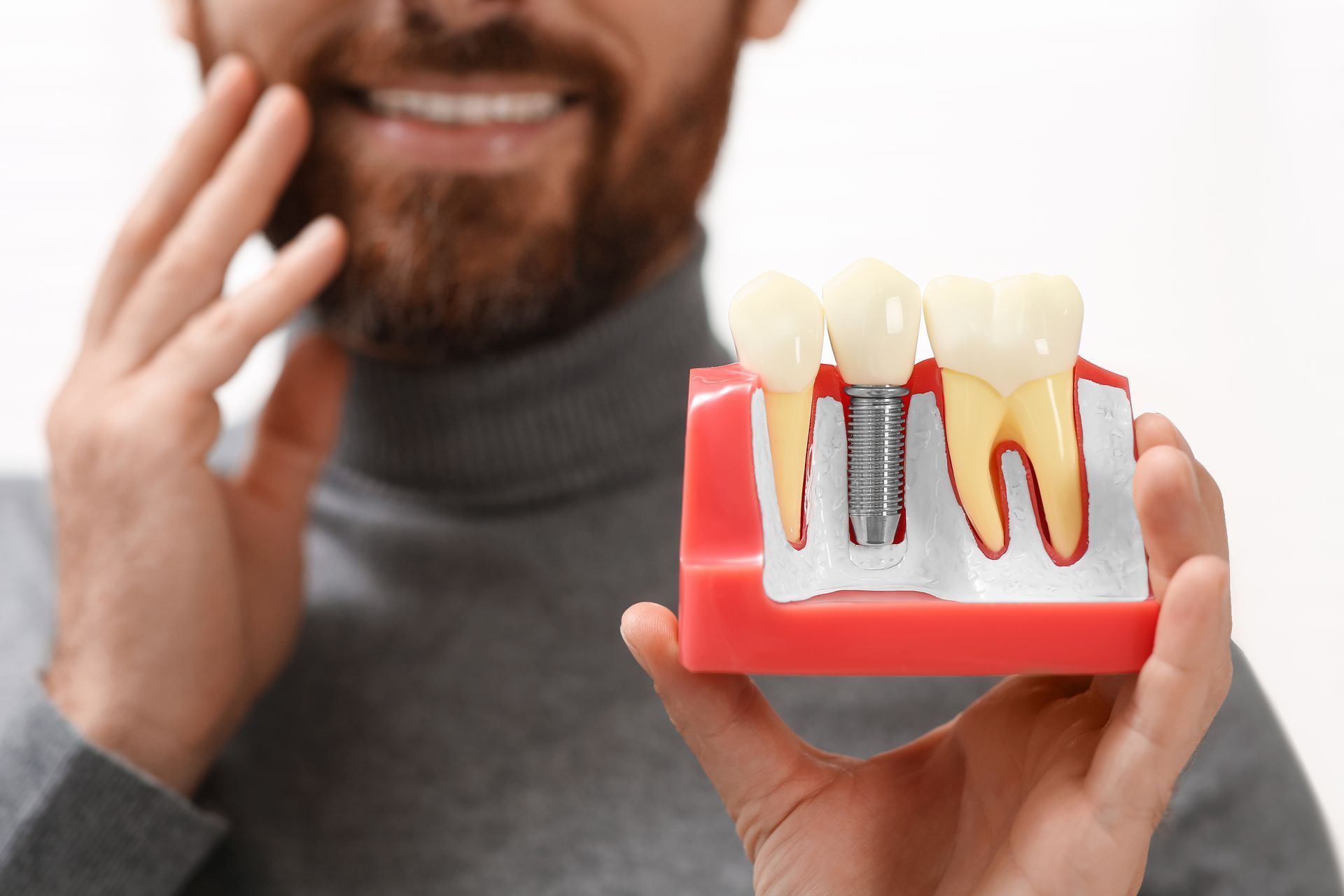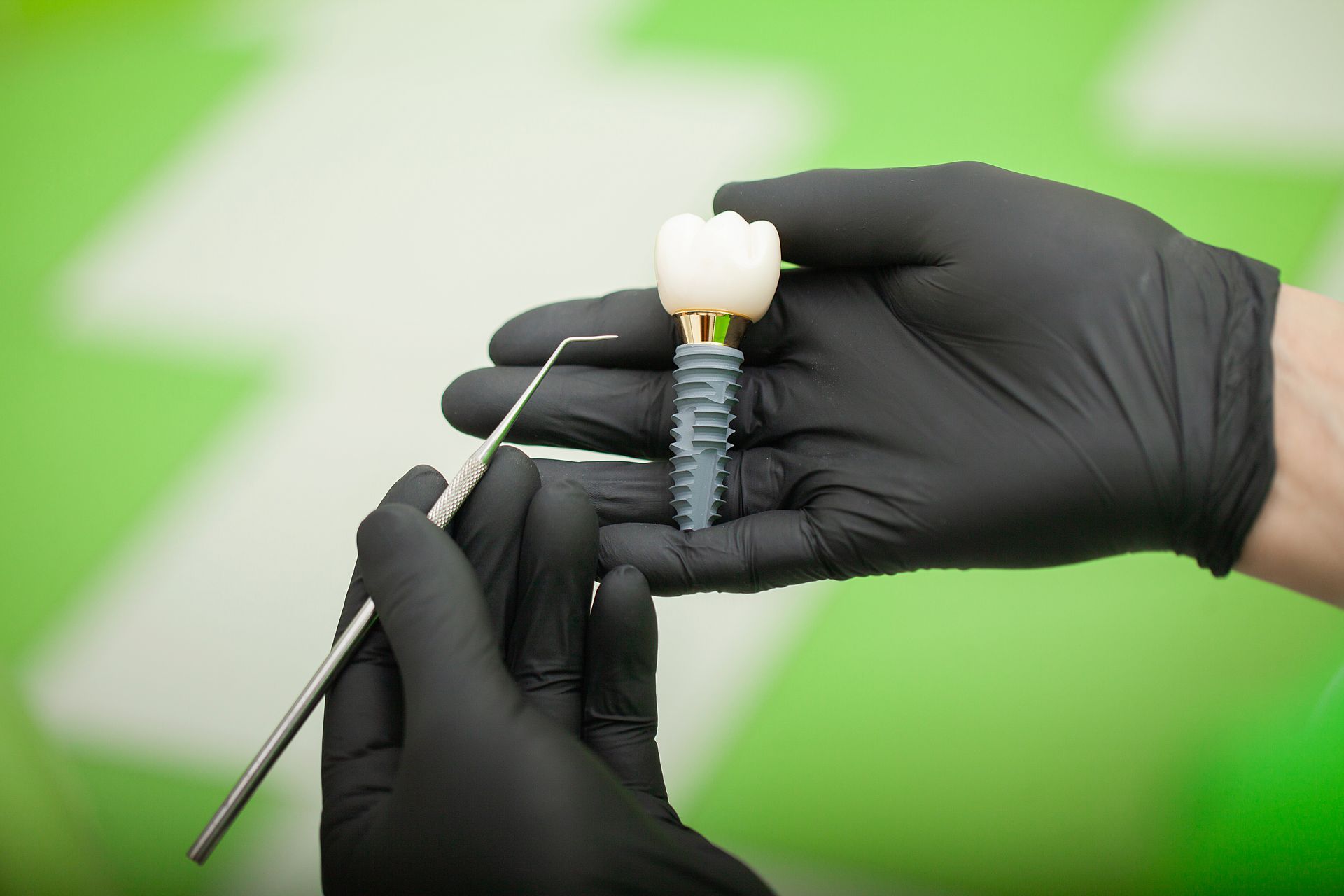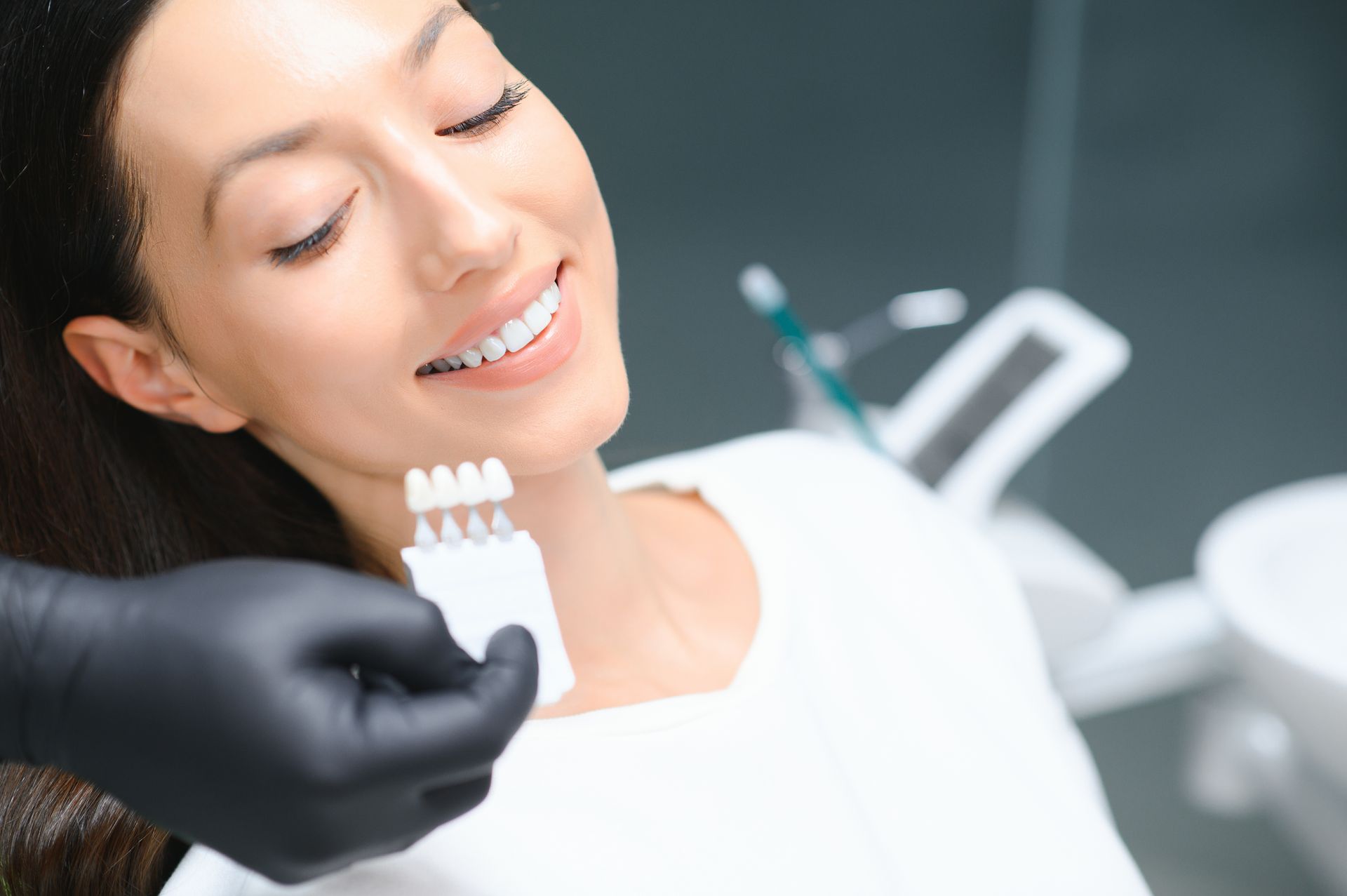Your Guide to Dental Preparedness in the Face of Emergency
Dental Emergencies in Toowoomba can happen at any time, catching us off guard and causing immense discomfort. Dental emergency preparedness is essential to ensure that we can respond promptly and effectively when faced with such situations.
By understanding common dental emergencies, having the necessary supplies on hand, knowing the steps to take during an emergency, and implementing preventive measures, we can minimise pain, prevent further damage, and protect our oral health. In this article we will cover what to do in a dental emergency to reduce pain and risk, before coming to your local dentist.
If you’re in the Toowoomba area, you can visit us at Garden City Dental. We offer same-day and weekend emergency appointments.
Understanding Common Dental Emergencies
Recognising a Dental Emergency
Not all dental issues need immediate attention. Recognising the symptoms can make a significant difference in the outcome. Common indicators include persistent pain, swelling, bleeding, or any visible damage to the teeth or gums. It's crucial to differentiate between situations that can wait for a regular dental appointment and those requiring immediate attention.
Toothaches and Dental Pain
Toothaches are one of the most common dental emergencies. They can be caused by various factors, including dental decay, gum infections, dental trauma, or even tooth sensitivity. The intense pain associated with a toothache can be debilitating, affecting our ability to eat, sleep, and concentrate on daily tasks.
Immediate action is crucial when experiencing a toothache. Start by gently flossing around the affected tooth to remove any food particles or debris that may be causing irritation. Rinse your mouth with warm saltwater to reduce inflammation and provide temporary relief. Avoid placing aspirin directly on the gums, as this can lead to chemical burns.
Knocked-out Tooth
A knocked-out tooth requires urgent attention to increase the chances of saving the tooth. This type of dental emergency often occurs during sports activities, accidents, or falls. When a tooth is knocked out, it's important to handle it with care and follow these steps:
- Retrieve the tooth by holding it gently by the crown (the visible part) and avoid touching the root.
- If the tooth is dirty, rinse it gently with milk or saline solution. Do not scrub or remove any tissue fragments attached to the tooth.
- Try to reinsert the tooth into its socket if possible, making sure it faces the right way. Bite down gently on a clean piece of cloth to hold it in place.
- If reinsertion is not possible, place the tooth in a tooth preservation kit or a container with milk. The milk helps maintain the tooth's moisture and preserve its viability until professional care is obtained.
- Seek immediate dental attention, as the chances of saving the tooth decrease significantly with time.
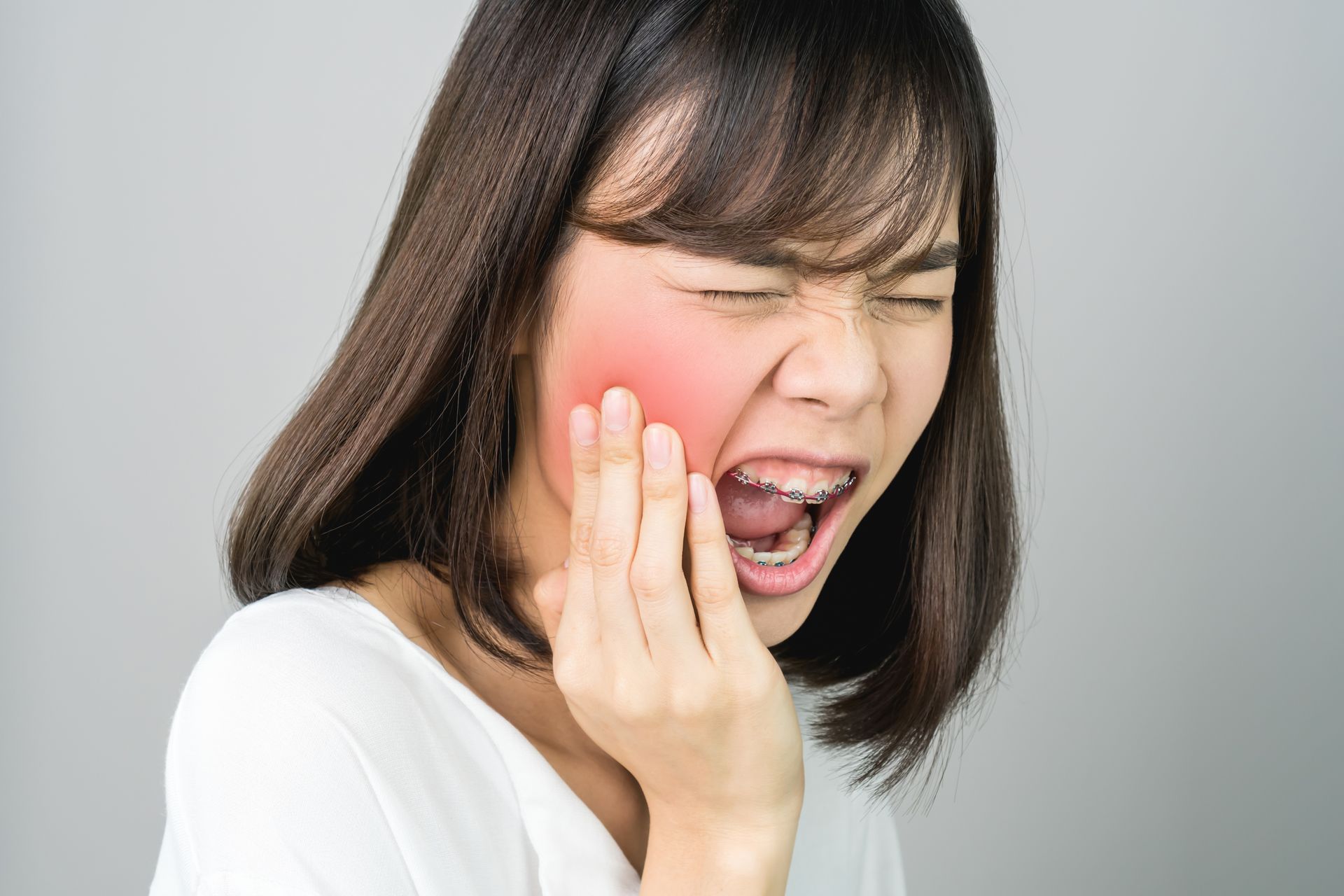
Broken or Chipped Tooth
A broken or chipped tooth can occur due to accidents, biting down on hard objects, or dental trauma. Such dental emergencies not only affect the tooth's appearance but can also cause pain and sensitivity. Here's what you should do if you break or chip a tooth:
- Rinse your mouth with warm water to remove any debris or blood.
- If there is bleeding, apply gentle pressure to the affected area with a clean gauze pad or a piece of cloth.
- Save any broken tooth fragments and bring them to your dental appointment.
- If you experience pain or sensitivity, take over-the-counter pain medication as directed until you can see a dentist.
- Go to your local dentist promptly to assess the extent of the damage and determine the appropriate treatment.
Abscessed Tooth
An abscessed tooth is a severe dental infection that requires immediate attention. It occurs when bacteria invade the dental pulp, causing a pocket of pus to form. Abscessed teeth are typically accompanied by intense pain, swelling, fever, and a foul taste in the mouth. Ignoring an abscessed tooth can lead to complications and spread the infection to other parts of the body.
If you suspect you have an abscessed tooth, it is crucial to seek professional dental care promptly. In the meantime, you can rinse your mouth with warm saltwater to alleviate discomfort and reduce inflammation. Avoid applying heat or placing aspirin directly on the affected area, as this can worsen the symptoms.
Essential Emergency Supplies
Dental First Aid Kit
Having a well-stocked dental first aid kit readily available can be a game-changer during a dental emergency. It allows you to provide immediate care and temporary relief until professional help can be obtained. Ensure your dental first aid kit includes the following items:
- Sterile gauze pads: These are useful for controlling bleeding and covering open wounds.
- Dental tweezers: They come in handy for removing debris or foreign objects lodged between the teeth.
- Temporary dental cement: This can be used to temporarily reattach a crown or dental restoration that has come loose.
- Dental floss: Use dental floss to dislodge food particles stuck between teeth, causing pain or irritation.
- Small container with a lid: This is essential for preserving a knocked-out tooth in milk or a tooth preservation solution.
Home Remedies for Temporary Relief
While awaiting professional dental care at Garden City Dental, there are some home remedies that can provide temporary relief during dental emergencies.
These remedies can help manage pain and alleviate discomfort until you can see a dentist. Here are a couple of effective options:
- Saltwater Rinse: Prepare a solution by dissolving half a teaspoon of salt in 200g of warm water. Gargle and swish the solution in your mouth for about 30 seconds before spitting it out. Saltwater rinses help reduce inflammation, disinfect the mouth, and alleviate discomfort.
- Over-the-Counter Dental Pain Relief Options: Over-the-counter pain relievers, such as ibuprofen, can be used to manage dental pain temporarily. Follow the instructions on the packaging and consult a healthcare professional if you have any concerns or underlying medical conditions.

Steps to Take During a Dental Emergency
Stay Calm and Assess the Situation
During a dental emergency, it's natural to feel anxious and overwhelmed. However, it is important to stay calm and think clearly. Panicking can hinder your ability to make rational decisions and follow the appropriate steps. Take a deep breath and assess the situation to determine the severity of the emergency.
Contacting a Dental Professional
Once you have assessed the situation, the next step is to contact a dentist. Finding an emergency dentist in your area is crucial for receiving timely care. If you already have a regular dentist, check if they offer emergency services or ask for a referral. When contacting the dental office, clearly explain the nature of the emergency to ensure that they can accommodate you as soon as possible. You can save your local dentists phone number in your phone for easy recall in an emergency. At Garden City Dental, we offer same-day and weekend emergency appointments.
Managing Pain and Discomfort
While waiting for dental treatment, managing pain and discomfort is important. Over-the-counter pain relievers, such as ibuprofen, can provide temporary relief. Follow the recommended dosage and consult a healthcare professional if you have any concerns or medical conditions that may interfere with the medication. Applying cold compresses to the affected area can also help reduce swelling and provide relief.
Prevention and Preparedness Tips
Maintaining Good Oral Hygiene
One of the most effective ways to prevent dental emergencies is by maintaining good oral hygiene practices. Regular brushing and flossing help remove plaque and food particles, reducing the risk of dental decay and gum infections. To reduce risk, make sure you book a six-monthly check up and clean.
Use a soft-bristled toothbrush and fluoride toothpaste to brush your teeth at least twice a day. Don't forget to clean between your teeth using dental floss or interdental brushes.
Wearing Protective Gear During Activities
If you engage in activities that pose a risk to your teeth, such as contact sports or vigorous physical exercises, wearing protective gear is essential. Sports mouthguards are custom-fitted devices that help cushion blows to the face and protect your teeth during sports activities. Nightguards, on the other hand, are designed to protect your teeth from the damaging effects of grinding or clenching while you sleep.
Knowing the Contact Information of Emergency Dental Services
It is crucial to have the contact information of emergency dental services readily available. Save emergency numbers in your phone or write them down in a convenient location. Research nearby emergency dental clinics and note their operating hours. Being prepared with this information can save valuable time during a dental emergency, allowing you to seek prompt professional care.
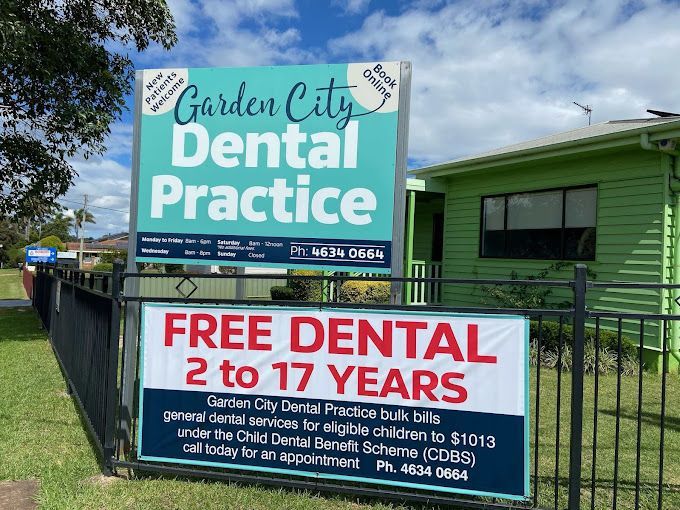
Dental emergencies can be unexpected and distressing, but with proper preparedness, you can navigate these situations effectively. Understanding common dental emergencies, having essential emergency supplies like a dental first aid kit, knowing the appropriate steps to take, and implementing preventive measures, all contribute to dental emergency preparedness.
By staying calm, seeking prompt professional care, and practicing good oral hygiene, you can minimise the impact of dental emergencies and protect your oral health. Remember, preparation is key, and being equipped to handle dental emergencies can make all the difference in ensuring a positive outcome.
Don't wait until an emergency strikes. If you are experiencing a dental emergency please
call our Toowoomba dental practice as early as possible in order for us to get you seen the same day.




